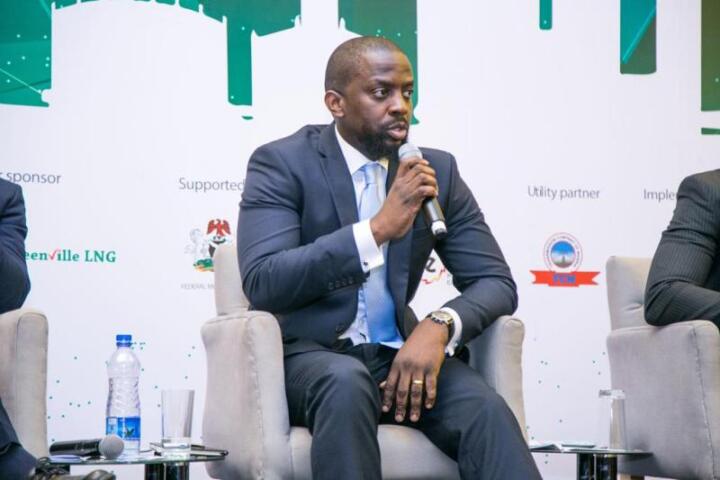Abimbola Banjo, a partner at PricewaterhouseCoopers Limited, underscored the importance of states comprehending four crucial factors in the implementation of the Electricity Act. Speaking in a recent interview with CNBC Africa, he emphasized the necessity of state participation in executing the 2023 Electricity Act, signed into law by President Bola Ahmed Tinubu in June 2023.
According to Banjo, the Electricity Act serves as a collaborative framework between states and distribution companies (DisCos), outlining guidelines for states’ involvement in electricity generation, distribution, transmission, and regulation. Stressing that states are in closer proximity to the people, Banjo emphasized the potential for effective implementation when leveraging this proximity.
He articulated, “If you have ten days to complete a project, it is more beneficial to use nine days of planning for the execution of the project, and then you can do an excellent job for a day as against rushing into the project with one day of planning.” Banjo outlined four critical elements that states need to understand for successful implementation:

1. **The Network:** A comprehensive understanding of the electricity distribution network.
2. **Engagement with Utilities:** Meaningful engagement with utility providers to grasp the challenges they face.
3. **Network Infrastructure:** Awareness of the existing network infrastructure.
4. **Nature of Customers:** Understanding the characteristics and needs of the consumers.
**Collection Losses:**
Banjo delved into the issue of collection losses, highlighting challenges such as resistance from customers who perceive high charges and suspicions of electricity theft. To address these challenges, Banjo proposed that states collaborate with their respective houses of assembly to enact laws penalizing individuals involved in electricity theft. These laws could include corrective measures as consequences, serving as a deterrent.
The underlying philosophy is to convey that electricity is not a free service but a resource that demands payment. Establishing measures to ensure fair usage and compensation is crucial for sustaining the electricity system.
**Tariffs:**
Banjo acknowledged the high cost of electricity and the presence of cross-subsidies in the country’s current electricity system. He brought attention to the Power Consumers Assistance Fund, a component of the Electricity Act, which can receive funds from these cross-subsidies. Additionally, Banjo suggested that both the Federal and state governments have an opportunity to contribute additional funds to support struggling Nigerians. These funds could be allocated to subsidize the costs of meters and electricity tariffs, providing relief to consumers facing financial challenges.
In conclusion, Banjo’s insights underscore the importance of a collaborative approach between states and distribution companies in navigating the intricacies of the Electricity Act. By addressing collection losses and exploring innovative funding mechanisms, states can play a pivotal role in ensuring a more sustainable and equitable electricity system for Nigeria.
Support InfoStride News' Credible Journalism: Only credible journalism can guarantee a fair, accountable and transparent society, including democracy and government. It involves a lot of efforts and money. We need your support. Click here to Donate
